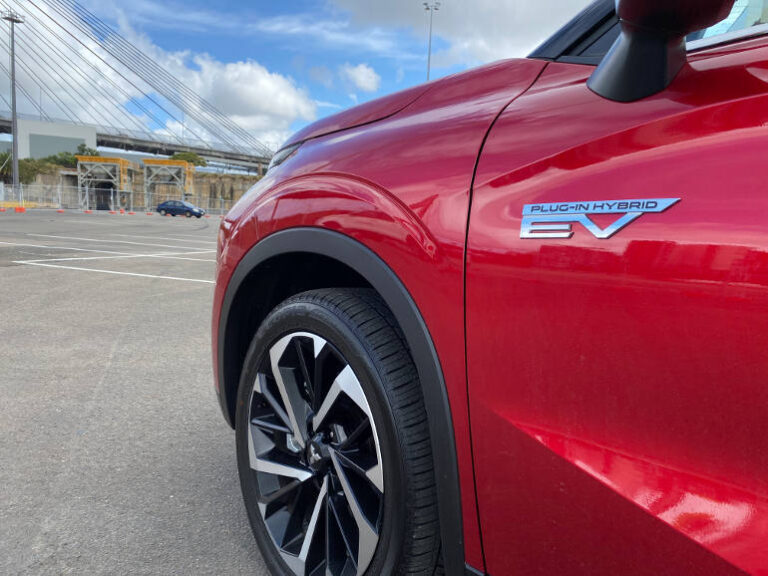PHEVs are one of the most technologies misunderstood by Fleet Managers while retail new car buyers are happily choosing this powertrain option. With the FBT Exemption scheduled to end on 31st March 2025, it appears that PHEVs have found some supporters according to the latest VFACTS results.
Deliveries of PHEV surged in the first quarter of 2024 with an increase of 134.5% compared to the sale period in 2023. Total sales of 3,426 still lag behind hybrids (35,203) which are mainly Toyota branded, and EVs (25,468) which have more models on offer for new car buyers.
Despite there being a number of PHEV models from different manufacturers coming into the market, 94% of sales so far in 2024 are SUVs which indicates Mitsubishi are dominating this segment with the Outlander and Eclipse.
In 2023 Mitsubishi secured 32% of the PHEV sales across all buyers types. The total sales of Outlander and Eclipse were 32,048 units and fleet buyers purchased 44%. PHEV sales of these models were 3,570 (11%) and fleet purchased 57% (2,019).
The interesting thing in the numbers above is the 43% of Mitsubishi PHEV sales to private new car buyers.
EV evangelists will tell you that PHEVs are evil and a useless excuse for transport distracting everyone from a utopia of zero tailpipe emissions. They also state that unless you plug it in it’s just like driving an ICE vehicle which is a fate worst than death.
The hybrid crowd will suggest that PHEVs are half baked ideas that confuse buyers with plugs and cables and don’t add any benefits that you can’t get from a hybrid powertrain.
In my experience, PHEVs are the perfect option for fleet and private buyers that want an electric car but just aren’t ready to make the commitment. And if you need an independent endorsement to be convinced, leading EV charging infrastructure company Jet Charge has purchased the Outlander for PHEV for its fleet.






